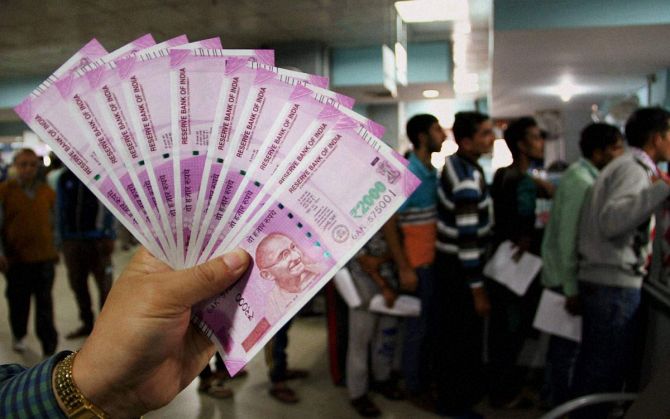Some of the proposals include redrafting transfer and placement policy for IRS officers, strengthening the cadre restructuring, rebranding of IRS, robust deputation policy and creation of encadred post in other ministries and government department.

The Indian Revenue Service Association (IRSA) of north east region has proposed a slew of measures with respect to the role of officers and their service conditions, in order to successfully implement the faceless assessment scheme.
Some of these proposals included redrafting transfer and placement policy for IRS officers, strengthening the cadre restructuring, rebranding of IRS, robust deputation policy and creation of encadred post in other ministries and government department.
The move followed the widespread concerns and apprehensions amongst revenue officers regarding their career prospects of the service on account of new faceless assessment scheme.
Upon discussion held on August 23, the association has sent these proposals to the president of All India body of IRS Association said these reforms should be taken up immediately to allay their concerns and ensure that the relevance of the IRS as a service is sustained.
The association also urged All India body to take up the proposals with the Central Board of Direct Taxes for further consideration.
Business Standard reviewed the IRSA (NER) letter.
When contacted CBDT spokesperson, they said that the board is not in the receipt of the letter.
The association said, under the proposed transfer policy, cap on stay in a station (city) or a region as well as mandatory transfers on promotion should be dispensed and officers should be allowed to work from preferred locations.
“The new transfer policy should leverage technology in the new regime and reflect a paradigm shift in work culture such as facilitating not just work from home but also work from home town,” letter said.
At present, a revenue officer has to serve eight years in any of the metro cities, five years in tier-II and three years in tier-III cities.
Further, the association also proposed to allow at least 20 per cent of revenue officers of the cadre to go on deputation from the current 10 per cent.
“As the I-T department is rapidly becoming systems-driven through machine learning and artificial intelligence-driven initiatives, IRS officers also need to chart a trajectory independent of the department.
"Our officers should be encouraged and facilitated to assume larger roles in governance so that aspirational needs of individual officers are also fulfilled,” the letter said.
Similarly, it said IRS officers could be natural choices in various ministries/departments with respect to posts at various levels dealing with financial affairs.
In the long run, such enabling policies will not only help individual IRS officers gather varied experiences but also create goodwill of the service in the government, the association said.
Stressing on the rebranding of revenue services, the association said an exposure should be given in accordance with the Indian Police Service (IPS). IPS officers are seen in leadership positions in paramilitary forces and intelligence agencies.
The revenue officers, too, want to be a part of and eventually head any institution within monetary, commercial, economic or fiscal realms of governance.
They also want the competent authority to revise the training curriculum and course structure of training.
This would enable them to have more domain knowledge in various areas other than taxation.
On the cadre restructuring proposal, the association said it needs to be revised and reworked.
This comes after the policy of deployment of two-thirds of the current workforce of the department towards the faceless assessment scheme.
This means other residual work such as collection, recovery and handling taxpayers’ grievances would come under severe constraint.
Further, new manpower and related issues should be adequately factored in the revised cadre restructuring proposals.
Photograph: PTI Photo












 © 2025
© 2025